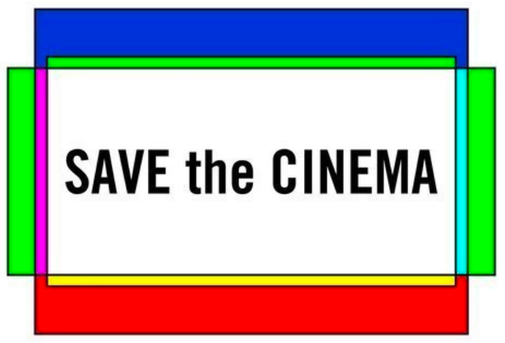News and Opinion
Japanese Film and the COVID Pandemic—Remotely in Space and Time

When there is a world historical event, it is best to write down your experiences, if only to help you remember. As that time becomes more remote, it can become more difficult to access. Perhaps writing about the COVID-19 pandemic from the perspective of Japanese media studies can help me—and maybe others—connect to that time at some future date.
The remoteness is not only temporal. It was probably appropriate that I experienced the novel coronavirus’s affect on the Japanese film and TV industries remotely in space. Still teaching at Yale, I could only read about the closings of theaters and the cessation of filming through news articles and postings on social media. There were ways of watching Japanese television, so I could see how certain shows were changing production, but initially that was not the case with cinema.
Theater closings occurred much sooner in Connecticut than in Japan, with the governor issuing the order on 16 March 2020. There was thus a strange disconnect between what I was experiencing and what friends in Japan were writing about. Everything was closing down here, while Japanese colleagues were arguing that the ventilation in theaters was fine and patrons were safe with just masks and hand-sanitizer. It reminded me of the cultural valences of disease, as few tried to defend movie theater ventilation in the States—and few in the West advocated for face masks. Still, fears about the virus were already affecting movie attendance everywhere.

